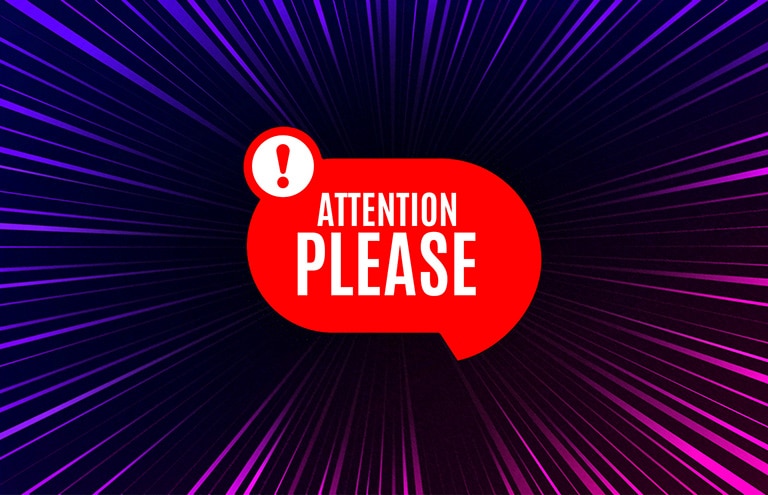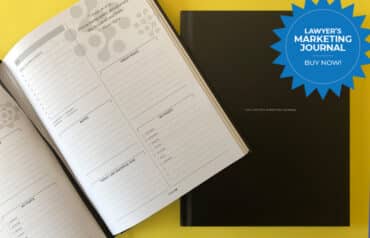When you find an emphatic auxiliary, a legal double or a -self pronoun in your writing, give it the necessity test.

We’ve all heard it. Admonitions like:
“We do ask that you please fasten your seatbelts at this time” or “We do suggest you stow your overhead baggage with the handle facing out.”
What’s wrong with “Please fasten your seatbelts” or “Please stow your overhead baggage with the handle facing out”?
When speakers and writers try to be emphatic in these three ways, they are really just being redundant (and often annoying).
Not the Way to Emphasize
Using “do” or “did” as the auxiliary to the main verb creates the emphatic case.
Lawyers are prone to using the emphatic case in briefs and demand letters: “We do ask that you vacate the premises immediately to avoid further charges and fees.” (This is a double emphatic — see below.)
Sometimes, like in this sentence, you really do want to be emphatic. Really, really, really.
For example:
“Just to be clear, given everything we have discussed, you do want me to reject the settlement offer.” [Even though the result is a toss-up, and my fees will be through the ceiling.]
But in most situations, using the emphatic is more the result of sloppy drafting than a way to add emphasis. The better choice is to stay terse.
Improved word choice can convey emphasis, e.g., “You must vacate the premises no later than [specific date/time]. If you do not, you will owe more money per the terms of your lease.”
Flight Attendants Probably Learned It From Lawyers
“This is the last and final boarding call.”
“Please wait until the aircraft has come to a full and complete stop.”
A second way airlines try to add emphasis is with redundant extra words. The people who created these and similar announcements might be taking their cues from lawyers, though the airlines lack lawyers’ historical justification.
Some legal doublets such as “cease and desist” and “goods and chattels” became legalese after the Norman invasion of England in 1066. The new overlords wanted to make sure those pesky Angles and Saxons couldn’t claim ignorance of Norman French as an excuse for breaking the law. Another reason is to make sure the chosen word doesn’t leave a loophole.
More often, redundancies such as “charges and fees” appear because the drafter found some old template or thought it was smart to use every possible reference. It’s not. It just buries the meaning in verbiage.
Emphatic Pronouns Aren’t So Emphatic Themselves
This misguided attempt at emphasis we can’t pin on the airlines.
Myself, yourself, herself, himself, itself, ourselves, yourselves and themselves are the emphatic pronouns. When you are tempted to add one of these to your writing to emphasize a noun, check whether the pronoun is essential to your meaning. In these examples, depending on context, they probably are not essential:
The witness himself saw it.
Marjorie herself opened the package.
Jump Ahead If Grammar Makes Your Head Spin
Here’s where it gets tricky. Sometimes these -self pronouns are reflexive, not emphatic. You don’t have to get a headache over this; just consider whether the pronoun is essential to the sentence.
In “He forced himself to sign it,” the pronoun is not there to add emphasis. It is the object of the transitive verb. He didn’t force Mary to sign it; he forced himself.
One mistake we’ve probably all seen is when the -self pronoun is incorrectly used but neither as emphatic nor reflexive. It’s used in place of the objective case. You’ll see this in sentences such as: “He gave myself an award.”
OK, I’ll stop.
Keep Reading Here
The Necessity Test
When you find an emphatic auxiliary, a legal double or a -self pronoun in your writing, give it the necessity test. Take out that suspect word and ask yourself [object of verb here — not asking anyone else] if the meaning is the same. Is the meaning of your text clear without that emphatic?
If so, ruthlessly pull it out.
Image © iStockPhoto.com.

Sign up for Attorney at Work’s daily practice tips newsletter here and subscribe to our podcast, Attorney at Work Today.
A New Marketing Journal Designed for Lawyers
Every element of this beautiful guided journal has been designed to both motivate you and keep your marketing efforts on track. From Theda C. Snyder and Attorney at Work, the Lawyer’s Marketing Journal is the perfect place to capture all your great ideas, write down your daily tasks, notes and accomplishments — and monitor your progress. Take control of your marketing and order your journal today.

















